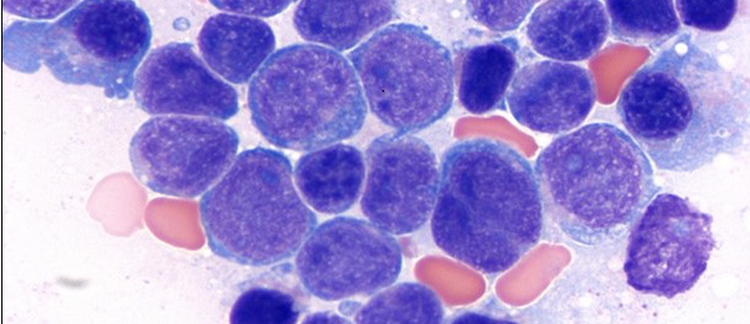Abstract
Confirming a diagnosis of myelodysplastic syndrome (MDS) in the absence of cytogenetic abnormalities can be very difficult, especially in the early stages of the disease. This study investigated the utility of a 14 gene panel (TET2, IDH1/IDH2, SF3B1, SRSF2, U2AF1, ZRSR2, ASXL1, EZH2, RUNX1, TP53, NRAS, CBL and ETV6) in the diagnosis of suspected MDS. Specimens were analyzed from 137 patients, referred to rule out MDS, who had documented cytopenias with blast count <5% and without cytogenetic abnormalities. Fifty-three of the 137 patients (39%) showed evidence of an abnormal clone, characterized by mutations in one or more genes - including two of the three patients with tricytopenia (66%), nine of 14 with bicytopenia (64%) and 42 of the 120 patients with unilineage cytopenia (35%). Thirty of the 53 patients with mutations (57%) had one mutated gene; of these patients, only 4 (13%) had bi- or tricytopenia. Of the remaining 23 patients with mutations in two or more genes, a higher percentage (30%) of patients had bi- or tricytopenia indicating that cases with bi- or tricytopenia are more likely to be confirmed by molecular testing than cases with unicytopenia. Compared to patients without mutations in the tested genes, those with mutations had significantly lower number of neutrophils (P=0.006), but higher percentage of monocytes (P=0.0002) and slightly higher percentage of lymphocytes (P=0.06). This study demonstrates that a relatively small molecular panel may be a valuable and objective diagnostic means for the diagnosis of MDS patients with <5% blasts and without cytogenetic abnormalities.
Keywords
Early myelodysplastic syndrome, gene mutations, diagnosis
How to Cite
Thangavelu, M., Olson, R., Li, L., Ma, W., Brodie, S., Mixon, C., Agersborg, S. & Albitar, M., (2016) “Molecular profiling in confirming the diagnosis of early myelodysplastic syndrome”, Hematopathology 1(1), 48-53.
463
Views
190
Downloads
